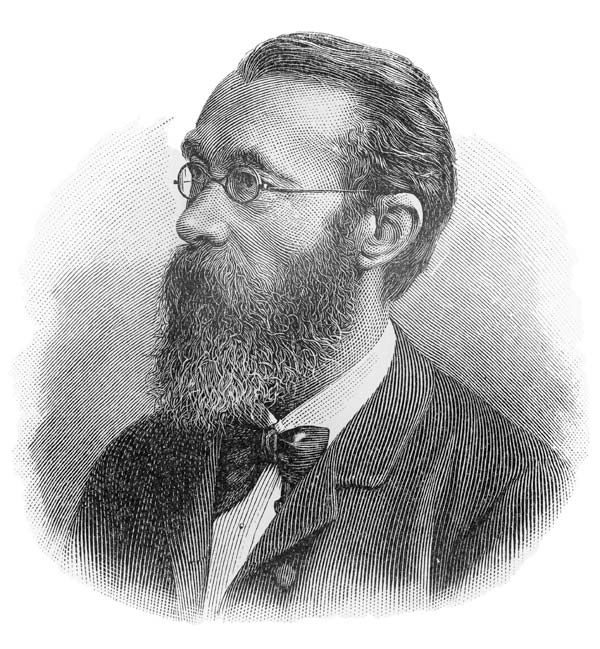Structuralism was founded by Wilhelm Wundt, who used controlled methods, such as introspection, to break down consciousness to its basic elements without sacrificing any of the properties of the whole.
Structuralism was further developed by Wundt’s student, Edward B. Titchener.
Titchener proposed 3 elementary states of consciousness: Sensations (sights, sounds, tastes), Images (components of thoughts), and Affections (components of emotions)
Structuralism IN Psychology -Wilhelm Wundt – Father of Psychology
సంరచనాత్మక వాదం (Structuralism)
19వ శతాబ్ది చివరిభాగంలో మనో విజ్ఞానశాస్త్రానికి స్వతంత్ర ప్రతిపత్తిని తెచ్చిన శాస్త్రజ్ఞుడు విలల్మ్ ఊంట్.
1879లో జర్మనీలో లీగ్ విశ్వవిద్యాలయంలో మొట్టమొదటి మనోవిజ్ఞాన వైజ్ఞానిక ప్రయోగశాలను స్థాపించింది ఇతడే. అందుకే ఈయనను ‘మనోవిజ్ఞాన పితామహుడు’ (Father of Psychology) అని పిలుస్తారు.
విలల్మ్ ఊంట్ సంరచనాత్మక వాదానికి మూలపురుషుడు.
ఈ వాదం ప్రకారం మనోవిజ్ఞానం చేతనాభావాలను (Conscious experiences) వివరిస్తుంది.
మానవుని మనస్సులోని మూలపదార్థాలు మూడు.
అవి సంవేదనలు (Sensations), ప్రతిమలు (Images), అనుభూతులు (Feelings).
సంరచనాత్మక వాదం ప్రాథమిక లక్ష్యం-మనస్సులోని విషయాలు లేదా అంశాలను విశ్లేషించడం.
ఈ వాదం ‘మానసిక నిర్మాణం’ గురించి, మనస్సు అంటే ఏమిటి? ఏవిధంగా ఉంది? ఎందుకు ఆవిధంగా ఉంది? అనే ప్రశ్నలకు సమాధానమిస్తుంది. కాబట్టి ఈ వాదాన్ని కంజెంట్ సైకాలజీ‘ అని కూడా పిలుస్తారు.

